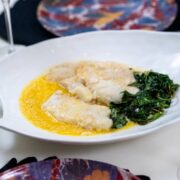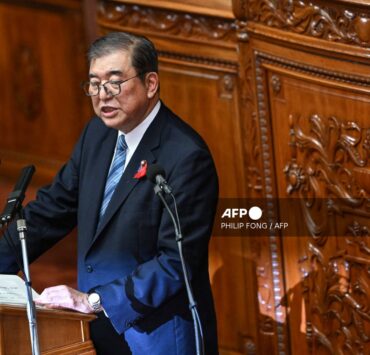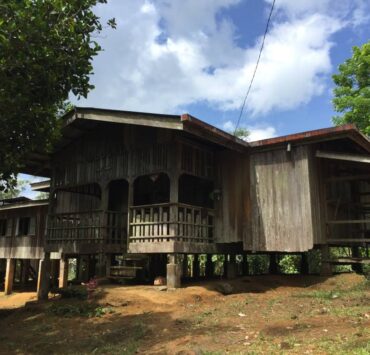Terra Madre: ‘Inasal,’ ‘batchoy,’ ‘lechon’ draw crowds in Turin
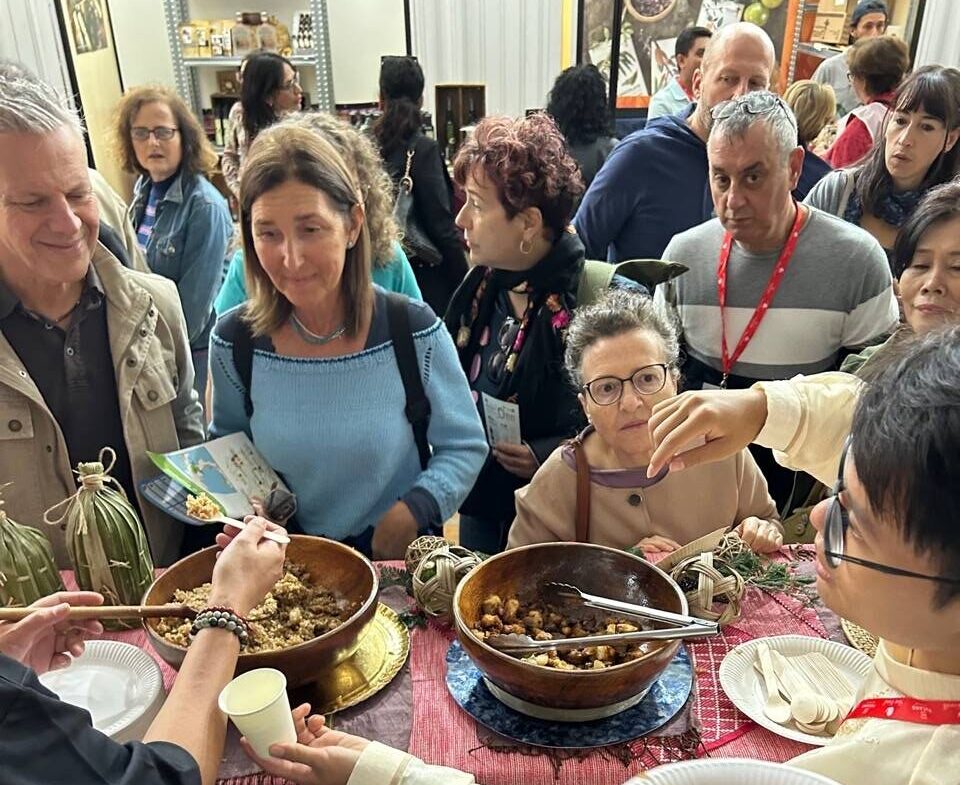
I was invited by the board of Slow Food Philippines to cook Capiznon and Aklanon dishes at the Philippine booth in Terra Madre Salone del Gusto in Turin, Italy, last month. It was quite a daunting task as I, with fellow chef and good friend Don Baldosano, had to churn out a massive amount of food throughout the day, from breakfast to cocktail hour.
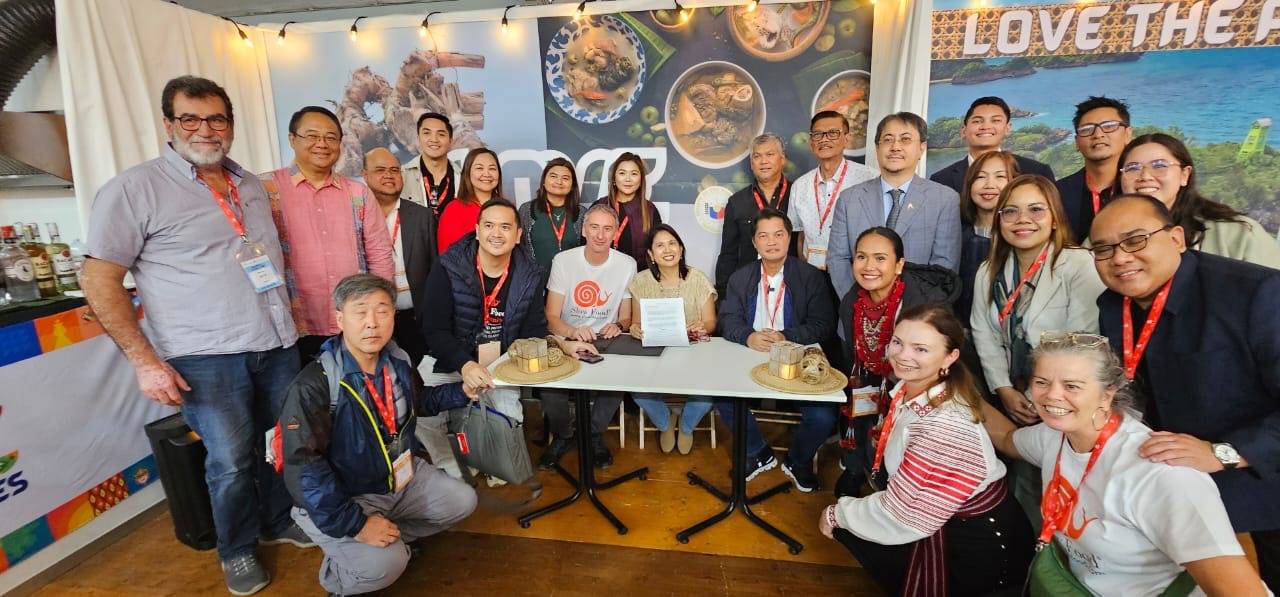
But I didn’t think twice about accepting the invitation, as it was a privilege to participate in an international fair that champions producers and farmers who engage in good, clean and fair practices.
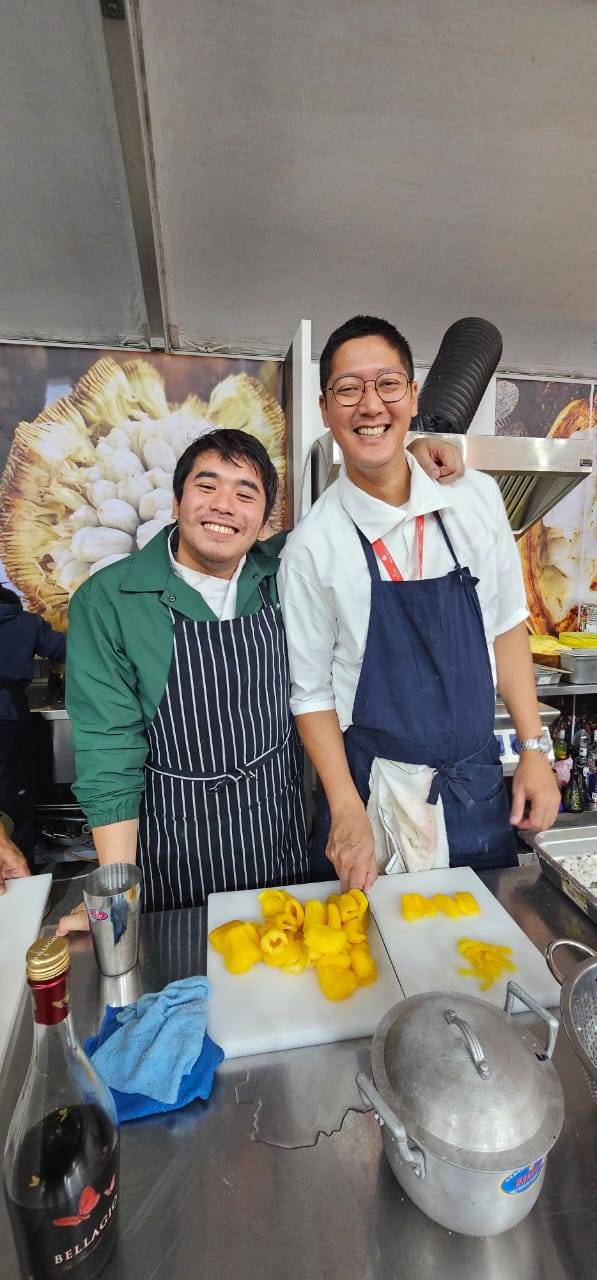
Founded by Carlo Petrini, Terra Madre is a global movement of Slow Food communities that acknowledges and values small-scale farmers, breeders, fishers and food artisans whose approach to food production protects the environment. Every two years, they all gather in Italy not just to showcase their produce and products, but also to encourage discussion regarding gastronomy and globalization.
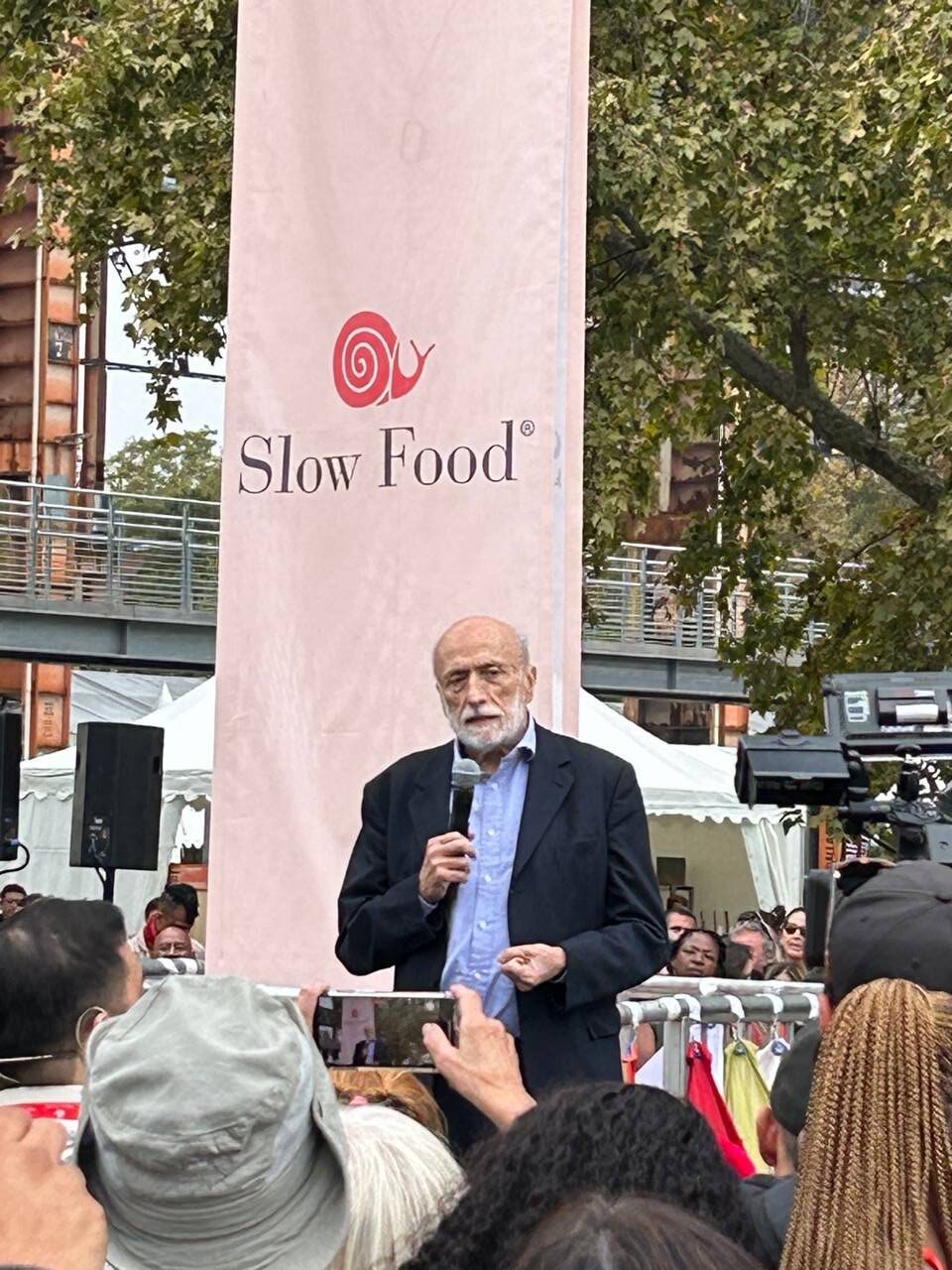
This year’s festivities, the 15th edition, were held at Parco Dora on Sept. 26 to Sept. 30, with each day filled to the brim with events. There was the Slow Food Coffee Coalition that offered coffee from Honduras, Cuba, India, Mexico, and Brazil. And right next to it was the Honey Bar, where, akin to speed dating, people got five-minute meetings and tastings guided by an expert.
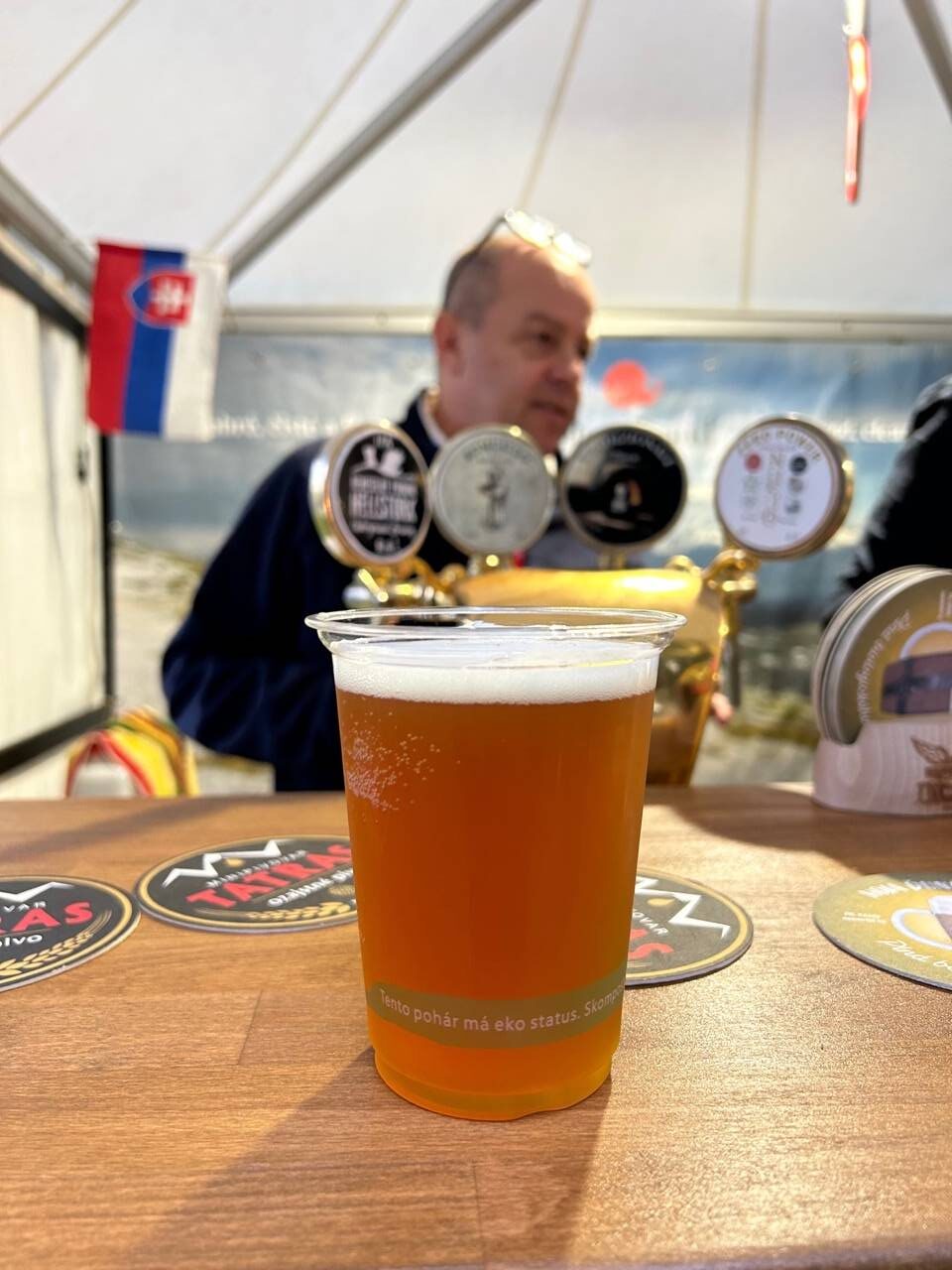
The Biodiversity Trail was an exhibition that showcased the biodiversity behind thematic networks like Slow Grains, Slow Beans, and the newly founded network of chestnut growers, while the nearby Education Garden allowed guests to attend workshops led by Slow Food educators.
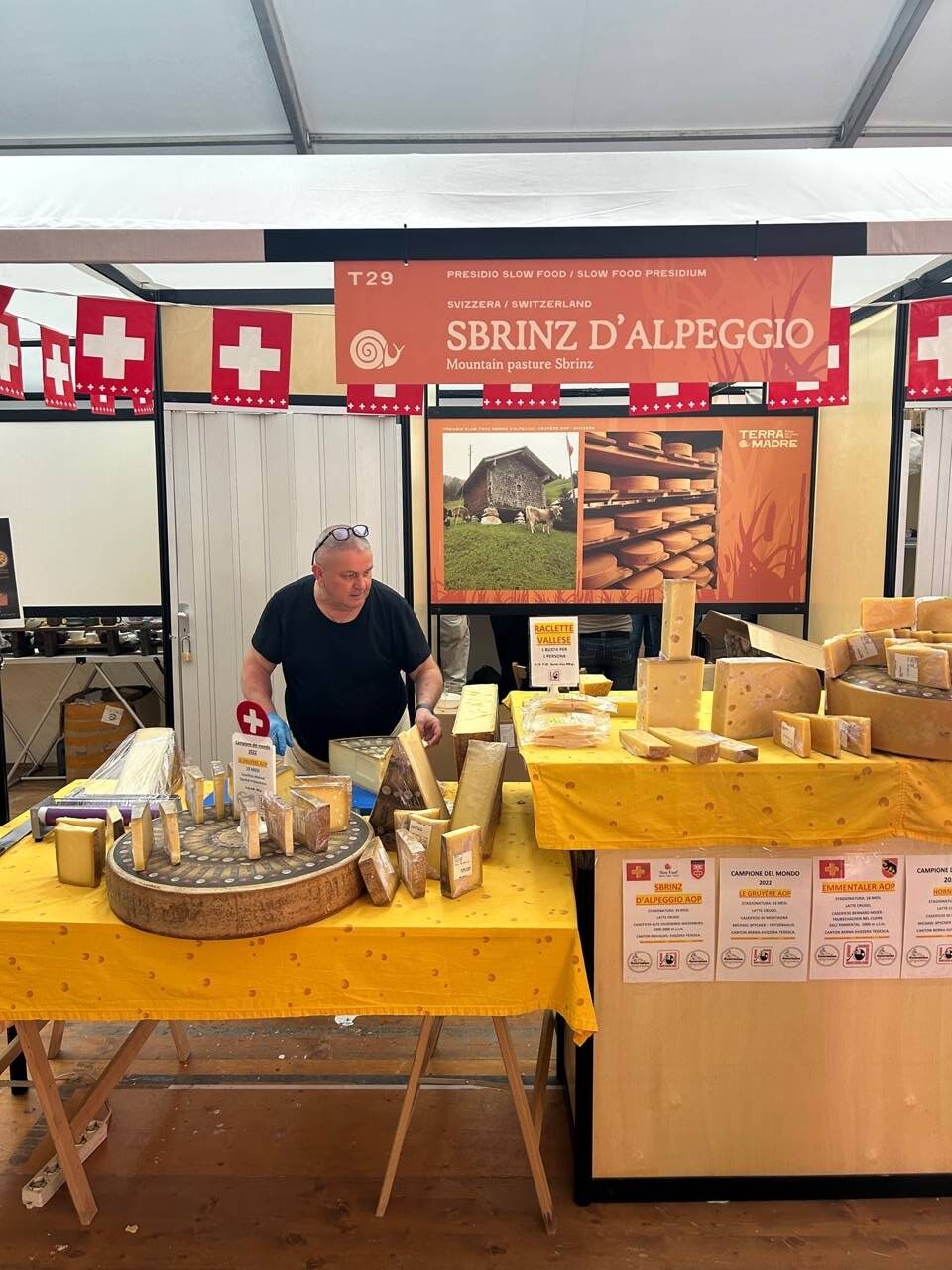
From cannoli to ‘kansi’
Conferences ran throughout the day and in various venues. The space of the University of Gastronomic Sciences had debates on the challenges of gastronomes.
At the Gino Strada Arena, attendees met industry experts and professors who discussed themes like the climate and agro-ecology, while the Berta Cáceres Arena became the setting for meetings by the likes of the Slow Fish community and the Slow Food Youth Network.
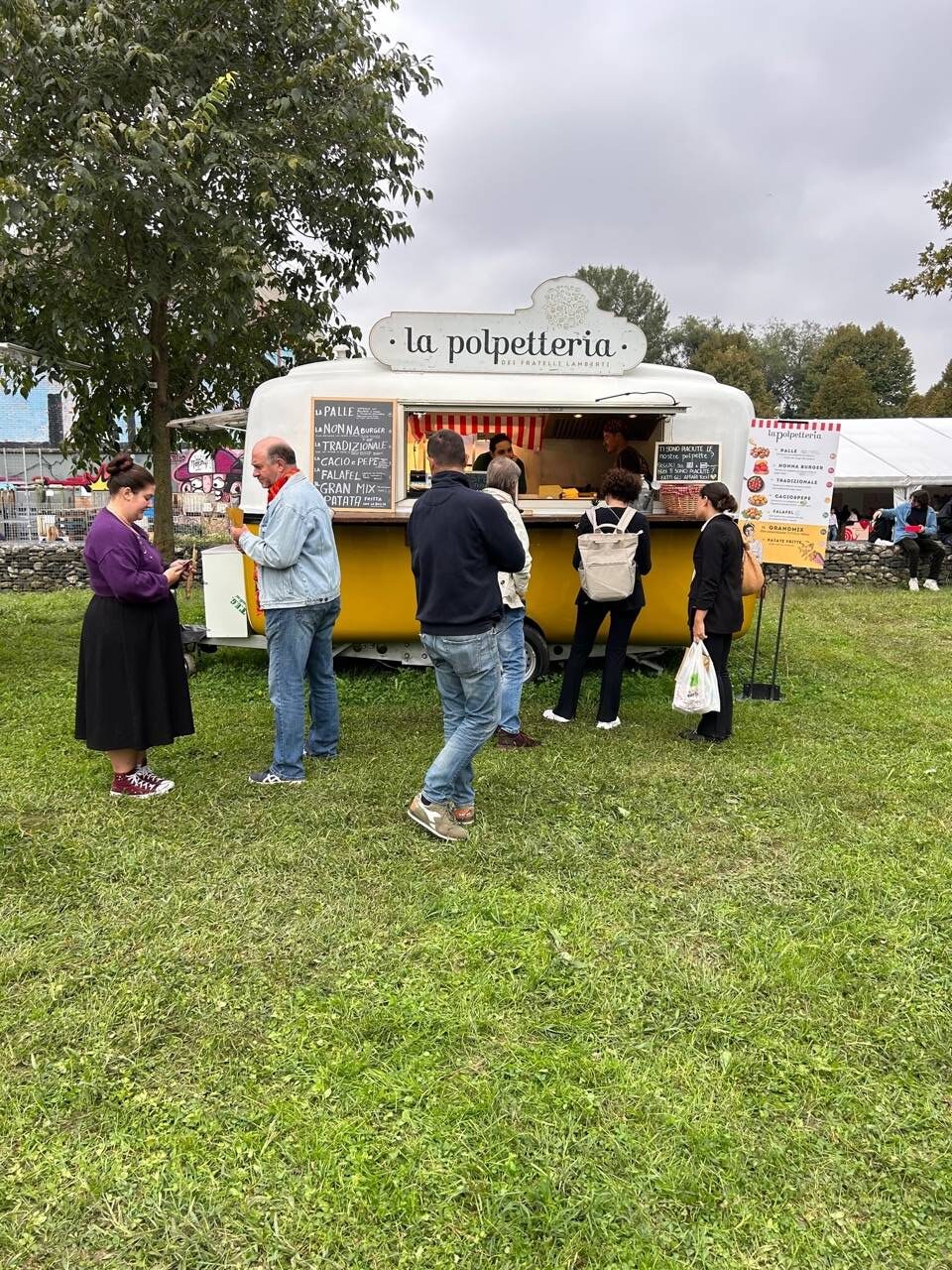
The Environment Park, on the other hand, hosted dialogues from international guests like British-Indian economist Raj Patel and Brazilian geography professor Larissa Mies Bombardi.
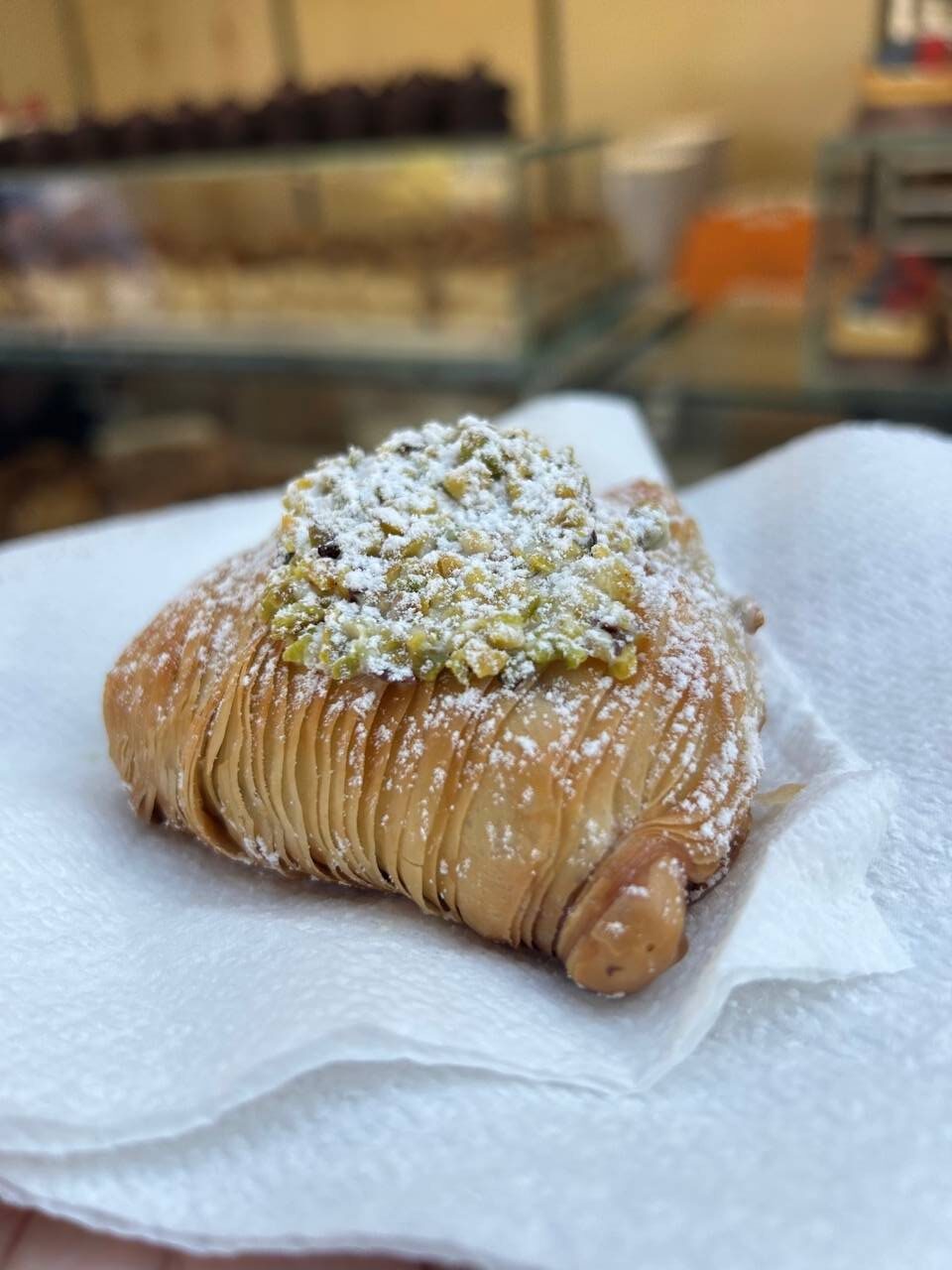
Plenty of food and drinks went around. The Market housed over 700 producers who abide by the Slow Food philosophy: natural, local products made with respect for animal welfare. And their offerings had a wide range, from Parmigiano Reggiano of different ages and goat’s cheese from Lombardi to oysters from the Netherlands, spices like zaatar and berbere, as well as bottled pesto and olives from Liguria.
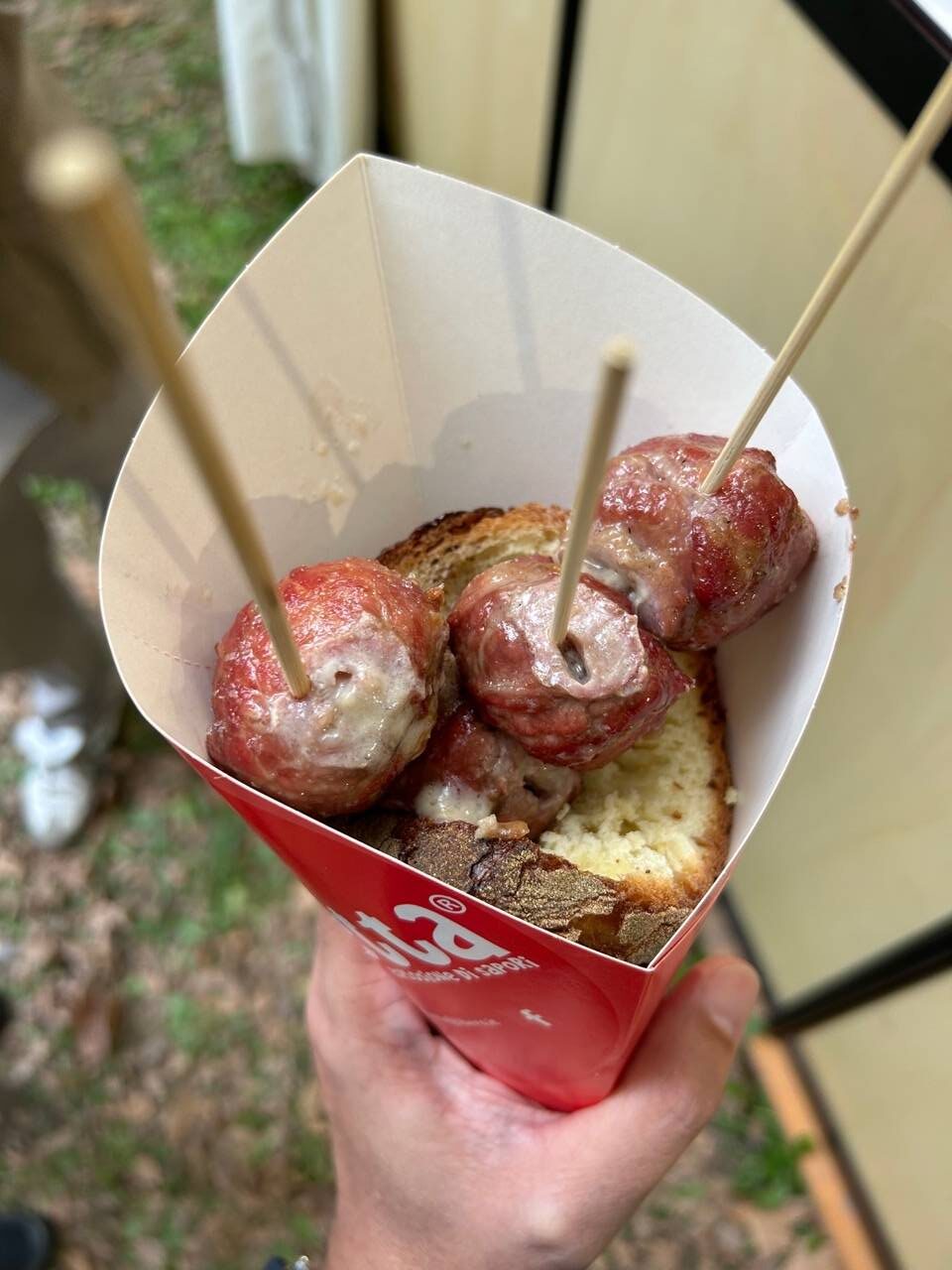
On top of that, 13 food trucks and five street kitchens sold Italian specialties such as cannoli, gelato, arancini, and bombetta. There was naturally carbonated beer from Slovakia, slow sake from Japan, and a barrage of natural wine at the Enoteca, curated this year by the Slow Wine Coalition.
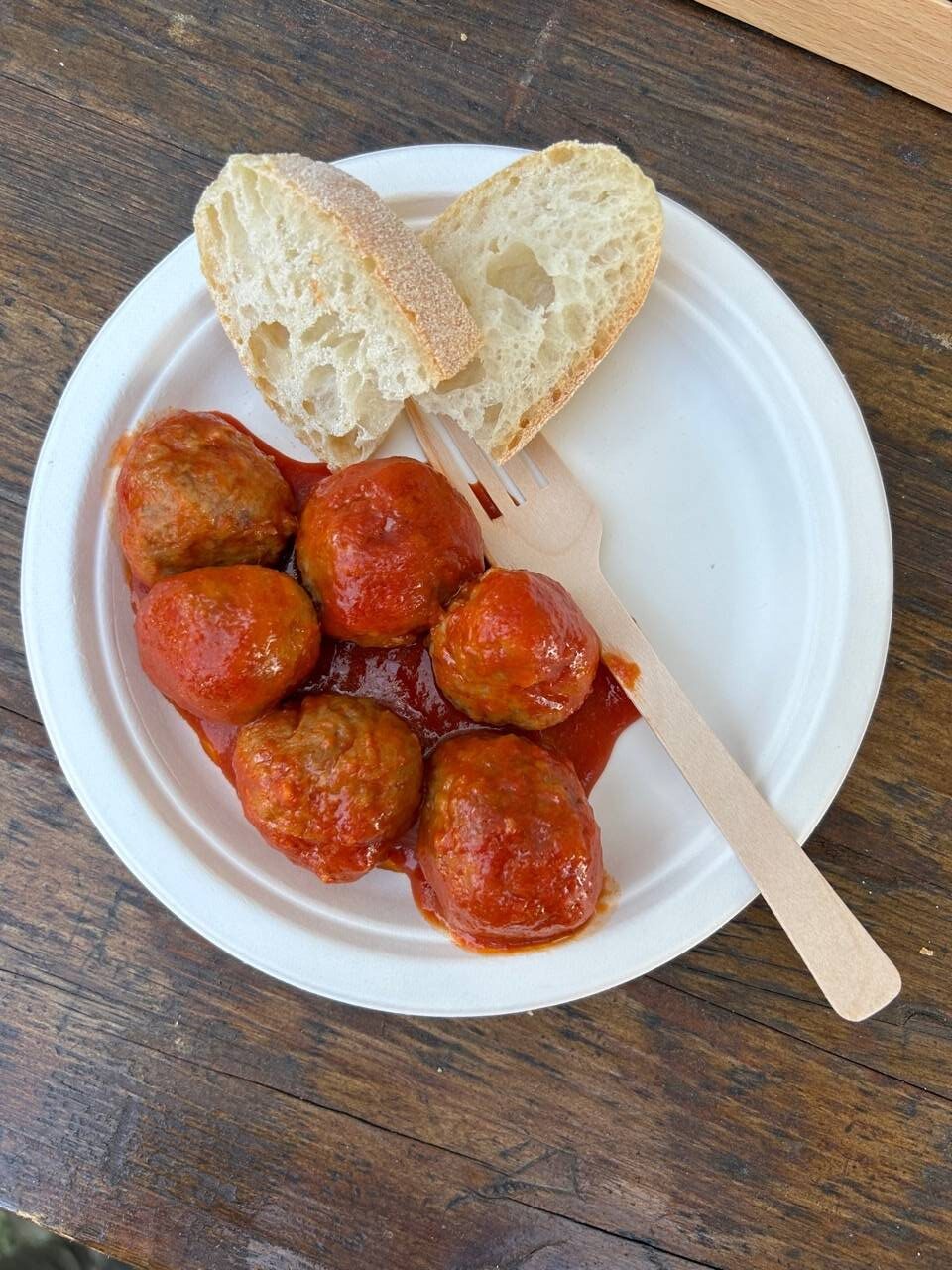
The Philippine booth was not to be outdone as it churned out dishes from various regions each day. Aside from the piaya, banana chips, asin tibuok, and asin tultul tastings, kansi and chicken inasal representing Negros were served. Chef couple Jay-jay and Rhea SyCip sent out lechon, pancit pusit, and an array of adobos to stand for Cavite. Don and I did inday-inday, eungkoga, and lauya in honor of Panay. And on the last day, there was tipoy, linedled, and inanchila from Cordillera.
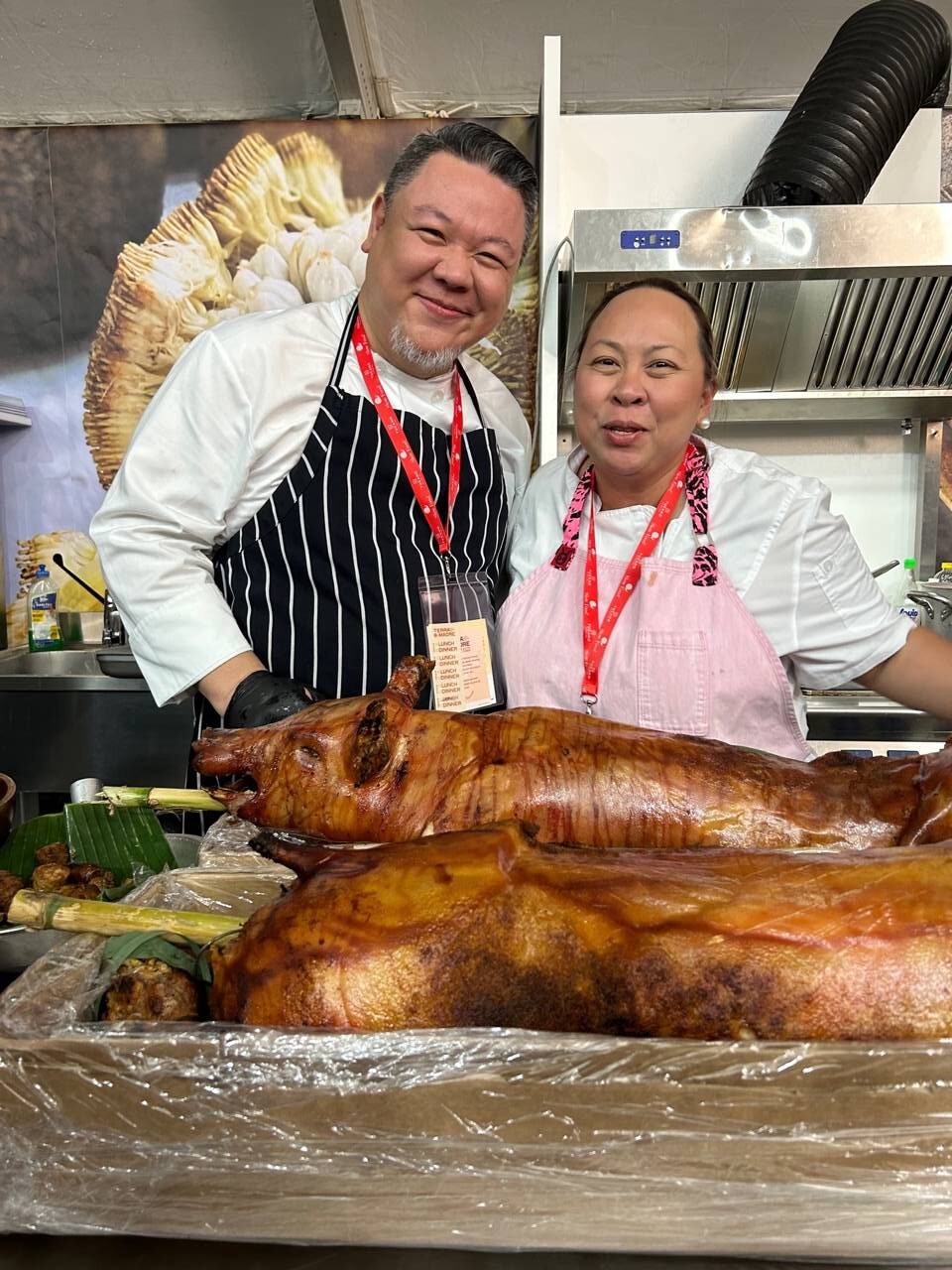
Asian leg
This year’s edition was also special for the Slow Food Philippine team, led by Ramon Uy Jr., who is the Slow Food International councilor for Asia, as they sealed the deal with the organization to hold Terra Madre Asia and the Pacific in Bacolod, Negros Occidental next year. This will decentralize the operations, allowing more people to participate, and further spread awareness about their advocacies and philosophies.
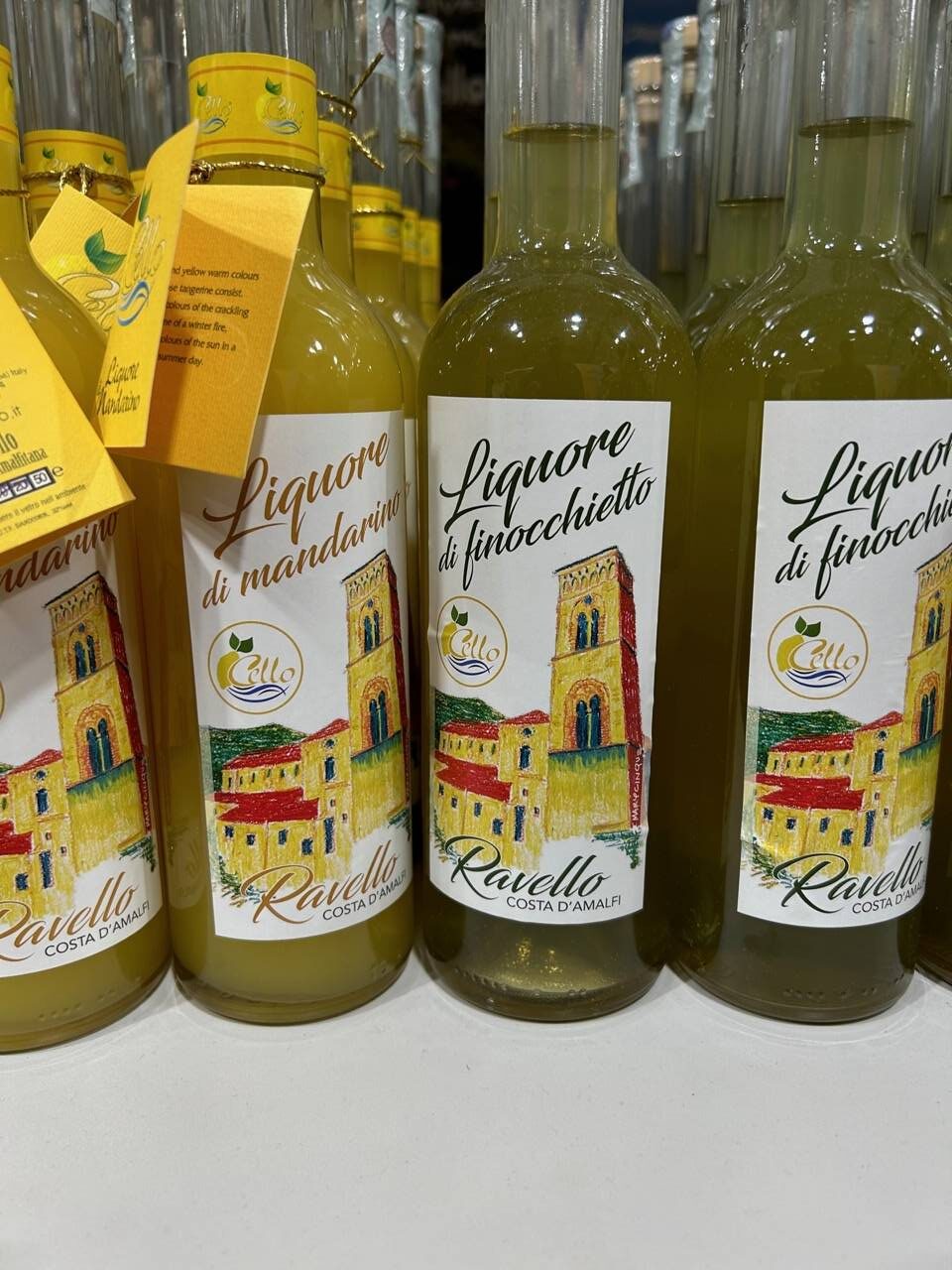
With the help of Sen. Loren Legarda, Bacolod City Mayor Albie Benitez, Victoria City Mayor Javi Benitez, Negros Occidental Rep. Kiko Benitez, Negros Occidental Gov. Bong Lacson, and the Department of Tourism, the international board forged an agreement that gives license for Slow Food Philippines to set up an office for operations, build an education center, and, in a milestone and pivotal event, gather farmers and chefs from all over the Asian region for a gastronomic event like no other.
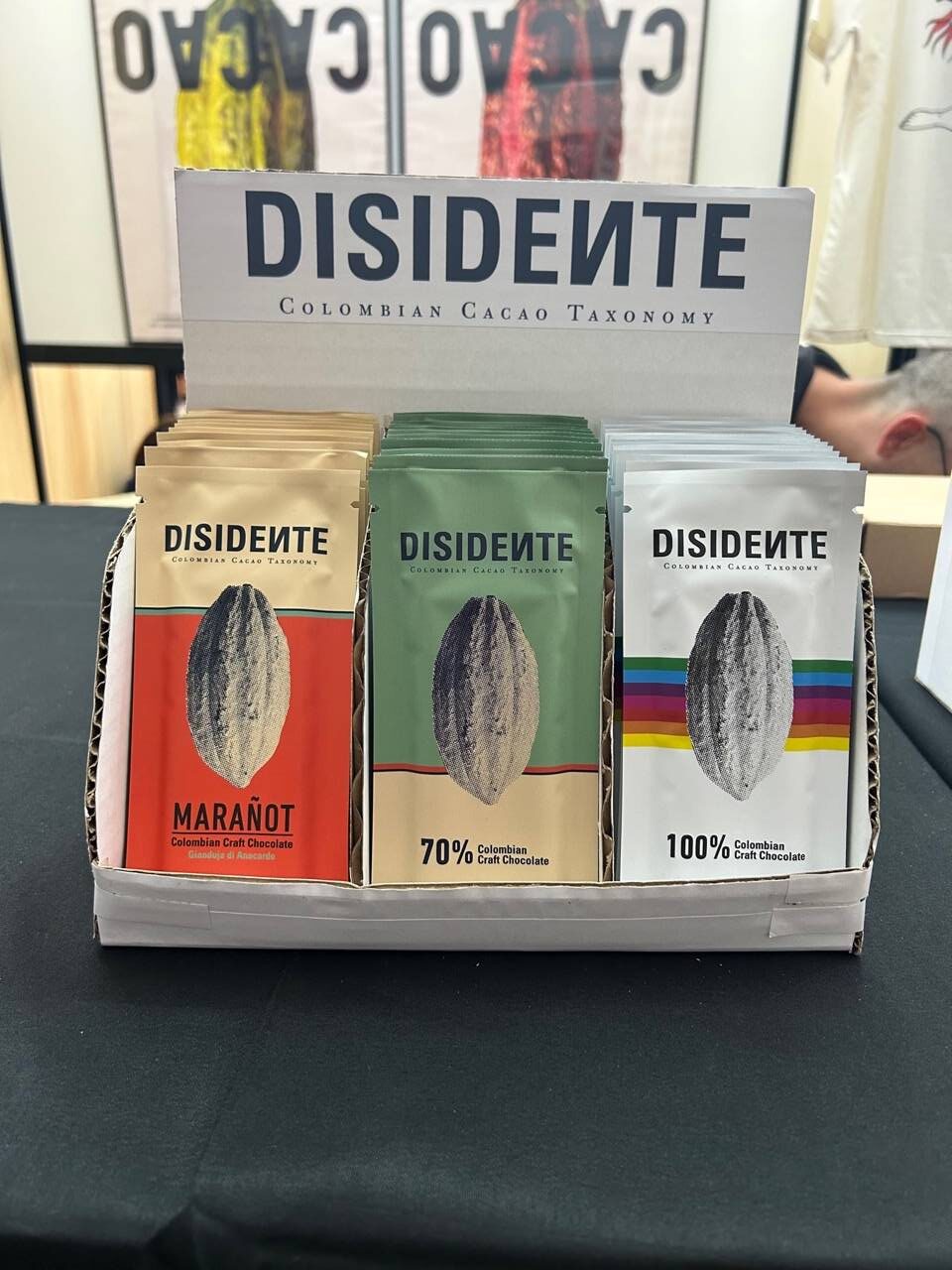
“When I came in as mayor, I discussed among our councilors, what kind of attraction can Bacolod be known for? How can we attract visitors and tourists?” asked Mayor Albie. “We don’t have Boracay-like beaches, but we have very good food. And we are already globally known for chicken inasal and many other dishes, so why don’t we enhance that? It was perfect that Slow Food came in. It’s a unique event attracting a very unique sector. It fits perfectly well because we love food.”
The Terra Madre Asia and Pacific in the Philippines will not only provide an opportunity to discuss sustainable agriculture, the environment, and food politics, but also allow members of the Slow Food community to build relationships with international networks.
To learn more about Slow Food, visit www.slowfood.com. Follow the author at @fooddudeph in Instagram.
Angelo Comsti writes the Inquirer Lifestyle column Tall Order. He was editor of F&B Report magazine.













